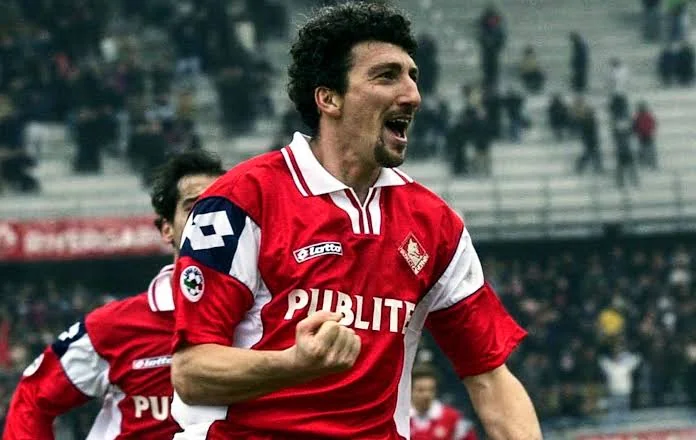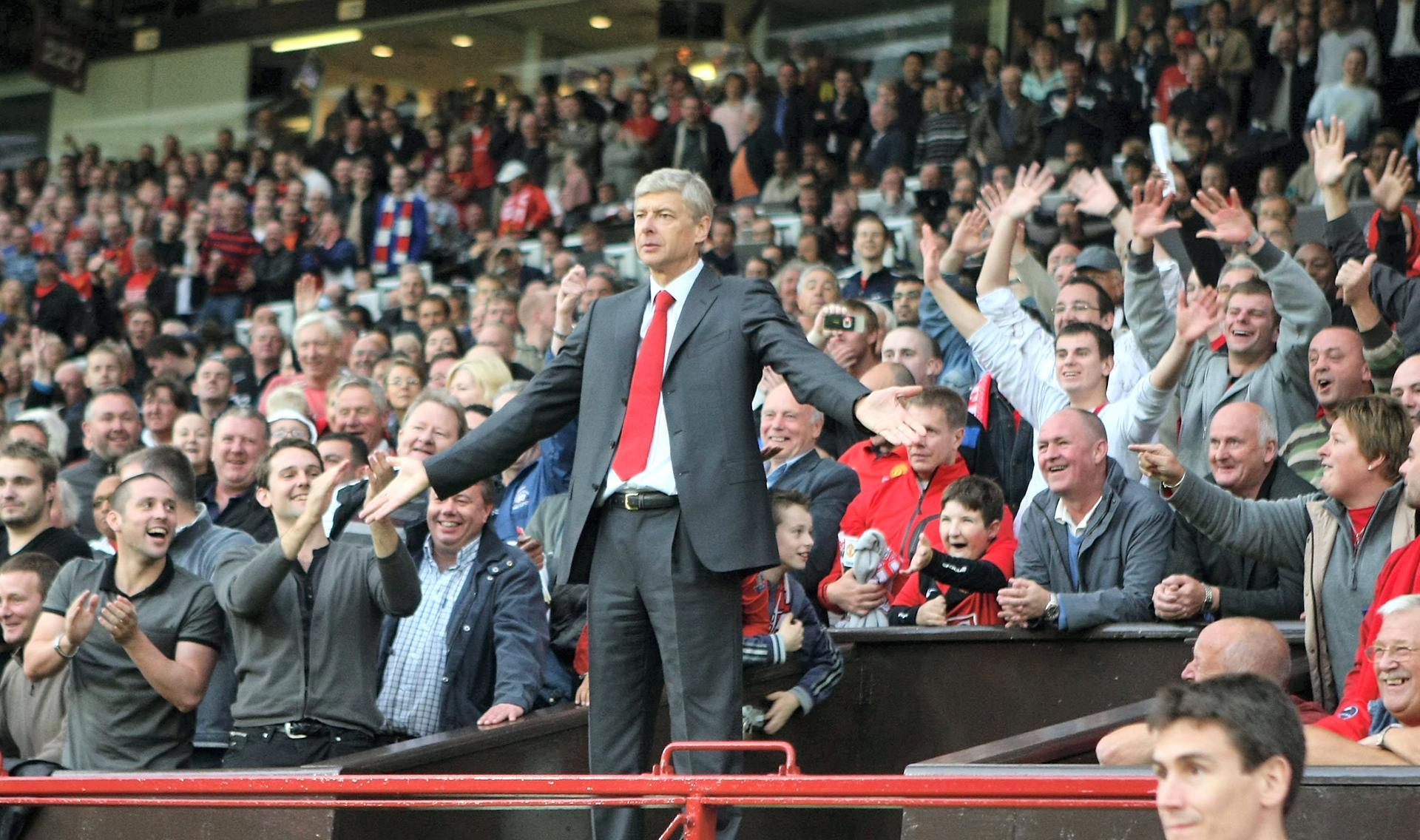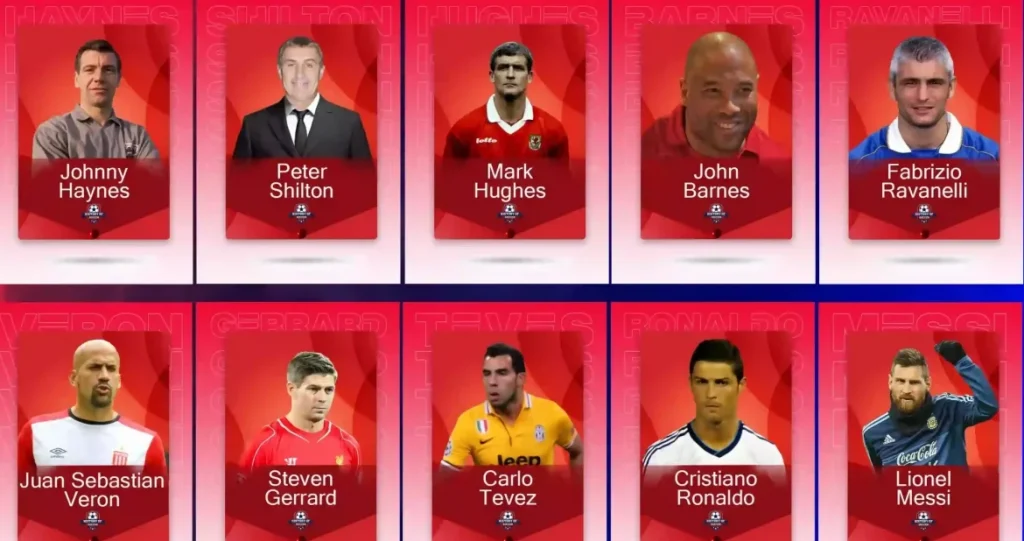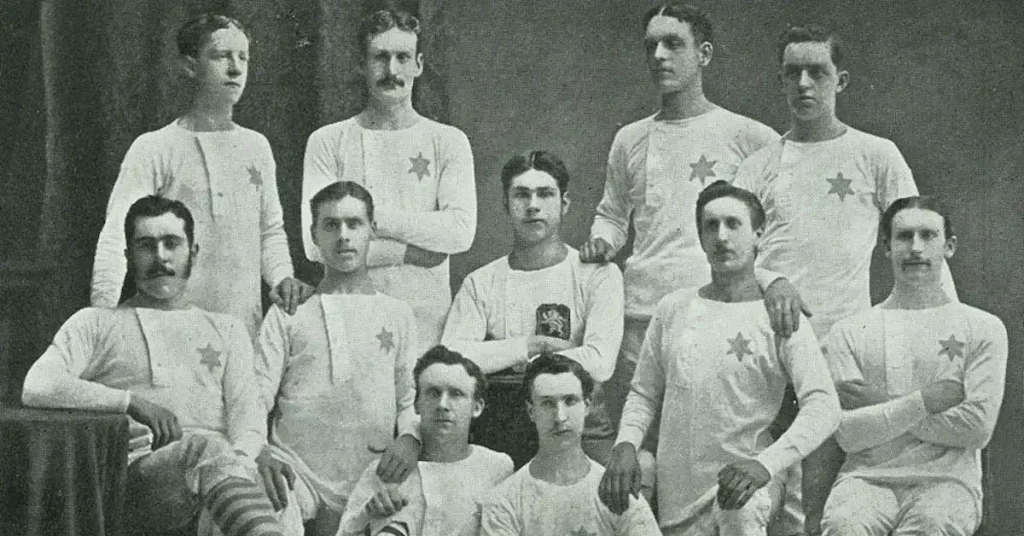When we hear pundits talk about the incredible work, dedication and years of youth training players go through just for a tiny chance of making it in the beautiful game; it’s pretty easy to assume that unless you take an interest in the game from a very early age, there’s simply no chance of making any sort of career out of Soccer.
Add to that the idea that it takes some luck to make it, even if you’re a great player and it can all seem impossible if you first got into the game as a young adult.
But, while unlikely, some players have made it despite breaking into professional teams for the first time much later than most. Furthermore, there is nothing stopping anybody from making a foray into roles off the pitch.
When Is Too Late To Go Pro?

Many ways into Soccer can be pursued at any age, which you can read about later, but when it comes specifically to being a player, there is obviously a time limit.
However, it is later than you might think, though it will vary depending on how long you have been casually playing football and honing some skills.
If you’re 24 and haven’t ever played for even an amateur team before, it’s probably not to be unless you are a one in million secret superstar Soccer savant.
But if you have been playing amateur football for at least a few years before the end of your early twenties and find yourself well above your opponents and teammates ability-wise, there’s still a chance.
Late Blooming Stars

Such names include Jamie Vardy, who played in the 7th tier of English Football until he was 24, before moving to Fleetwood Town two divisions up, and subsequently earning a move to then Championship Leicester by 26, where he’d win the Premier League as top goal scorer not 3 years later.
Ian Wright was a similar case, only turning professional at age 22. Drogba’s complicated family life meant he had never played for an academy in his youth, and only started training daily at 21 when he realized it was ‘now or never’ to go for his dream.
Dado Pršo was a car mechanic playing in French amateur leagues before the Monaco manager accidentally saw him play. He was 25 years old at the time, but despite being such a late bloomer, went on to play in a Champions League Final with Monaco by the age of 30.
Lastly, while easily the least successful of examples, a great example of not giving up even when you have every right to. Jay De Merit was playing for £40 a week in the 9th tier of English football at 23 after failing to make the cut in America.
It just took a friendly against Championship side Watford as a 25-year-old to get noticed. A few years later, he was captaining the US national team at the 2010 World Cup, marking Wayne Rooney out of the game.
So, while you do need some experience at a semi-professional level to make it into your twenties, it is possible by all means with dedication, talent, and a bit of luck.
If you still have the majority of your twenties ahead of you and have been playing Soccer competitively in some capacity, there’s still some hope. Getting on any semi-professional side in a football league system should be the goal.
If you can sign and play regularly for such a side then so long as you work hard to be the stand-out player in your team, you might just be able to work your way up the leagues, much like Jamie Vardy or Jay De Merit.
It can be as simple as being in the right place at the right time.
For most reading this, however, it’ll be too late to gather that experience, but all is not lost.
Anyone Can Make A Career In Soccer

I’m not talking about custodial or menial jobs either. You don’t need to have been a player to become a Manager, a Coach, a Scout, a Data Analyst or even a Director of Football, with far more roles to get into beyond those.
By far the best way to get started on a career in a non-playing role is to get your coaching licence and earn your coaching qualifications or coaching ‘badges’.
Anybody can do these, and while like a university it’ll cost a chunk of change, it’s no more expensive than a year at uni
In fact, you’re much more likely to be able to find some success in a staff role, with many of the best managers and coaches having had careers that never went beyond amateur level.
In some respects not being a player can help you see things from a new, alternate perspective, free of bias learnt from years of playing. Many of Soccer’s great tactical innovators were not great players.
Take Jose Mourinho, perhaps the most famous manager of the modern era, despite his playing career peaking in the second-tier of Portuguese football, in a career that saw him play around 100 total games.
“Ok, but he still played at a professional level…” you might think. That may be true, but what if I told you that his arch-rival in his first Premier League stint, Arsene Wenger never went beyond the amateur level?
Arsene Wenger played for local village and amateur clubs until he obtained a Manager’s Diploma in 1981, and then revolutionised the English game. Before he took over from Bruce Rioch at Arsenal, the London side was a boring top-half side.
Wenger quickly instilled a culture of possession-based, attacking play that is still integral to the Gunner’s style today.
Arsenal were his first (and only) big break as well, joining them after a successful stint at Nagoya Grampus in Japan.
That’s just one example of a hugely successful coach, but there are thousands of managers alone who have made a career in professional soccer, despite having never played a game at pro level.
And that’s just managers, factor in scouting, coaching and analytical roles, and you’ll find there are just as many people ex-players as there are non-ex-players.
All countries have their own respective schemes but it’s easier than you think to start the courses. Of course, the courses are challenging and take serious dedication, but anyone can give it a shot and at least make a start on the badges.
As you get further through them they start to cost a fair bit, but as said before, it’s no more than a year at university for the very highest level, which is not required to start your career.
Take the story of Reims Manager, Will Still, who proved himself a worthy manager, so worthy the club were happy to pay a 25,000 Euro fine every game they played due to Still lacking the final qualification that permitted him to manage in the top leagues.
If you are looking to get started in the world of coaching but are daunted, unsure or just want to get informed on what to expect, you can check out our guide to getting your coaching badges in both America and Europe/UK.




